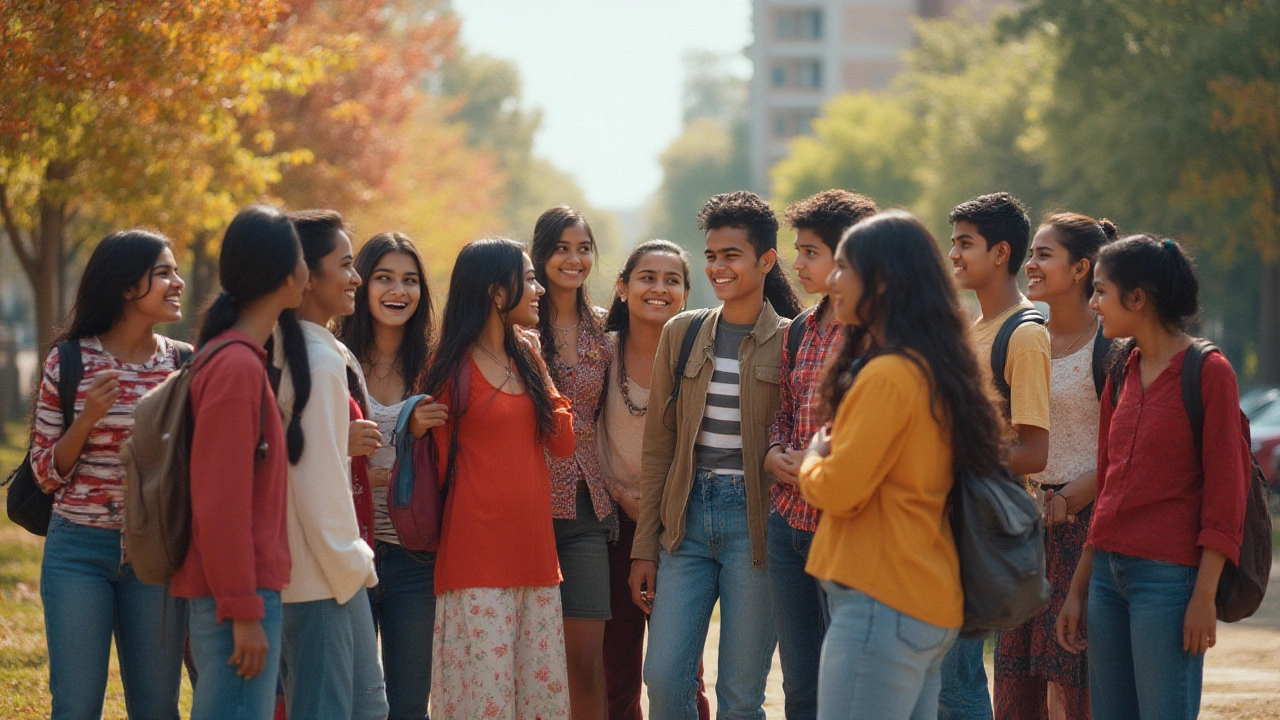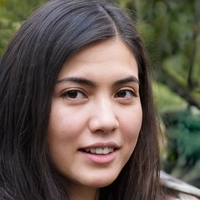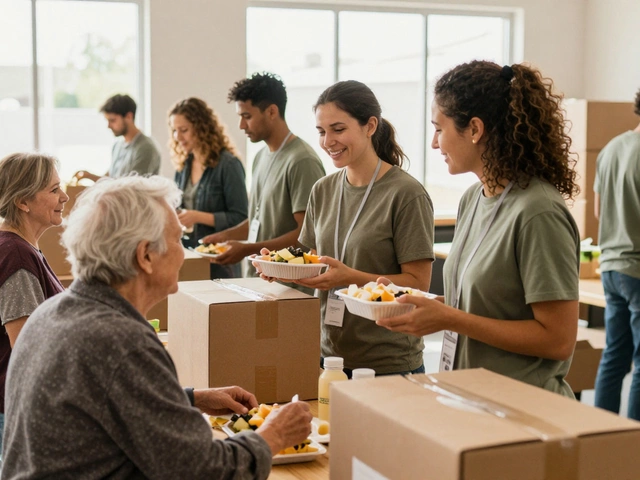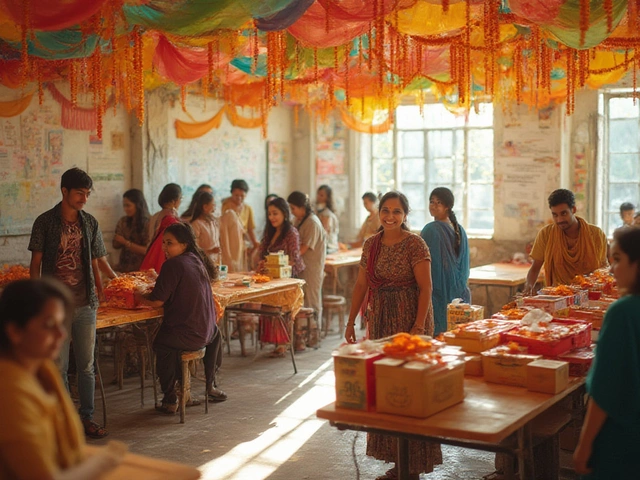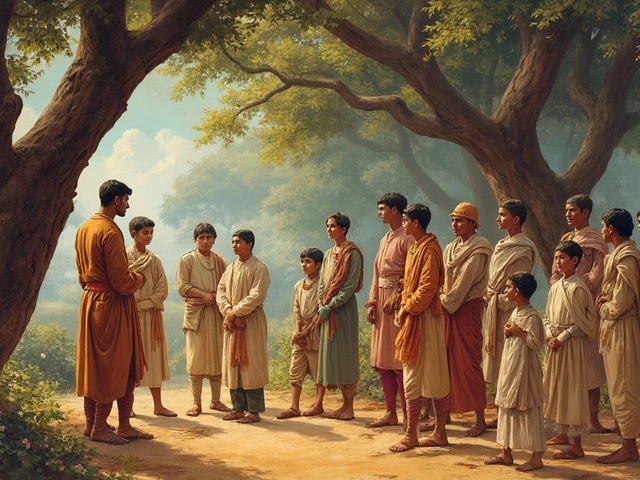You hear laughter echo down the street, see a cluster of teens perched on a park bench, or spot a horde of energetic kids rallying at a charity walk. At some point, the question pops into your head: what is a group of youth called, anyway? It’s one of those things everyone sort of knows, but when you try describing it out loud, words feel slippery. Is it a bunch, a team, a troupe? Or is there something more official, something with history, culture, and maybe even a little controversy? Let’s get to the heart of it.
Where Language Meets Youth: Defining the Group
The English language loves words for groups—think "flock of birds," "herd of cows," "crew of sailors." But when it comes to young people, things get a bit murkier. The most common, really universal term is a "youth group." It’s used by schools, religious organizations, and community centers. You’ll find it printed on schedules for church retreats, volunteer events, and after-school clubs. If you Google local volunteering, "youth group" pops up all over, from the Boy Scouts to coding camps. It feels practical and friendly, without the stiffness of, say, an "assembly."
But it doesn’t stop there. When the setting changes, so does the word. On a sports field, kids are a "team." In debate club, they’re a "squad" or even a "delegation." Online, you'll see memes about "squads," "posses," or the old-school "gang." In educational policy or academic papers, you might run across "cohort," "demographic," or "collective." These words matter more than you might think. Sociologists talk about "in-groups" and "out-groups," highlighting how the labels we use influence feelings of belonging.
Here’s a twist: in some circles, "gang" gets tossed around lightly, just meaning a crowd of friends. But for law enforcement or media, that word is heavy with meanings about crime and risk—it's loaded and can spark misunderstandings if used carelessly. Meanwhile, "posse" used to be the word for a group of people summoned to help keep the peace. Today, it’s as likely to show up in a TikTok caption as in an old Western movie. Even "mob" sometimes appears jokingly on social platforms to refer to a chaotic but friendly gathering—though in other contexts, it’s anything but playful.
What unites all these labels is their power. They’re about identity, about who’s included and who gets left out. Calling a collection of young people a "youth group" opens doors to funding, programming, and support. Call them a "gang," and the mood changes entirely. That’s why language matters—both for connection and for opportunity.
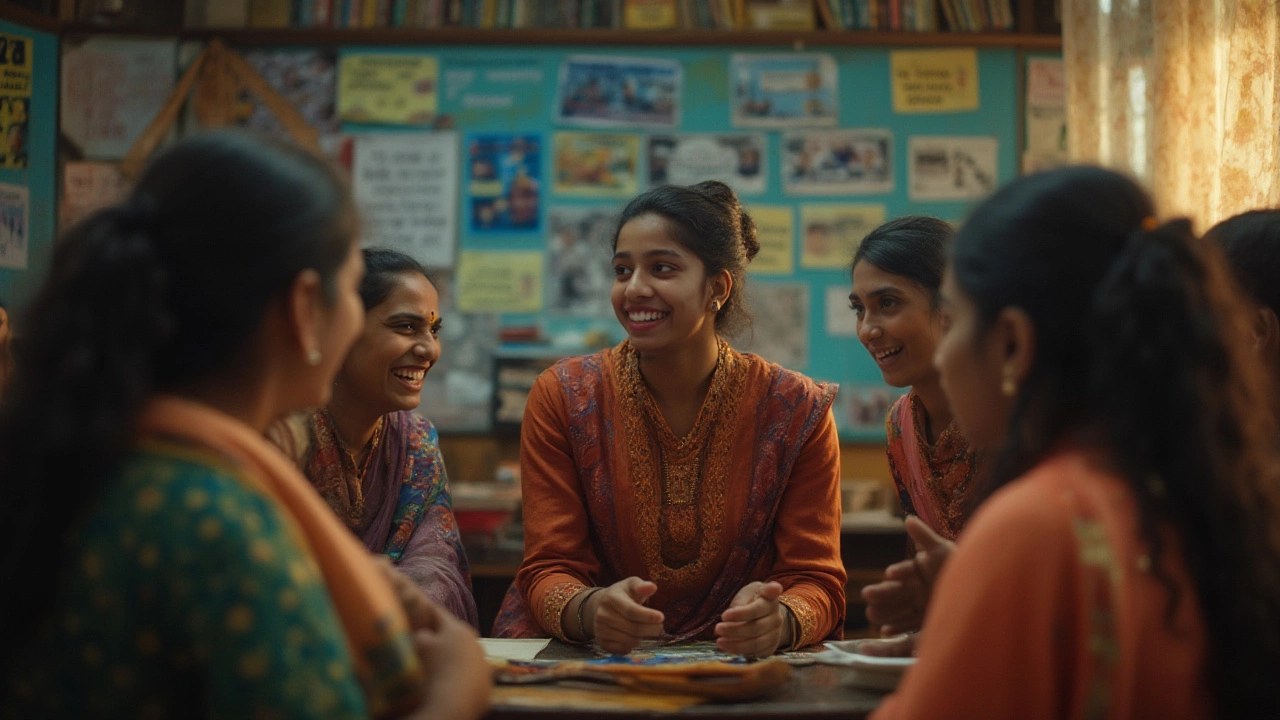
Culture, History, and a Whole Lot of Personality
Words around youth are always changing, shaped by culture, place, and time. Take "youth group": it traces back to the world of organized religion in the 19th century. Churches created youth groups to support teenagers, keep them connected, and steer them away from trouble in rapidly industrializing cities. Fast forward, and the concept spread—today there are secular, artistic, and activist youth groups across the globe.
The term "youth" itself saw a popularity surge in the mid-20th century, especially in Western countries. Sociologists first used "youth cohort" to study big generations—like the baby boomers—to understand trends, aspirations, and risks. Those studies shaped government policies, educational systems, and even city planning. If you’ve ever wondered why so many towns have "youth centers," you’re seeing the legacy of this period.
But move from town to town, or country to country, and the language morphs. In Australia, you might hear "youth collective" in social activism spaces. In Nigeria or Kenya, "youth forum" or "youth assembly" pop up in politics and community life. And in Japan, there’s the "youth club"—an after-school haven mixing academics, games, and social support. Local language shapes identity and, sometimes, outcomes. Some studies even show that youth groups with a strong, positive identity (like calling themselves "allies," "leaders," or "change-makers") have higher participation and better mental health outcomes.
Pop culture loves its own take, too. The word "crew" picked up steam in the hip-hop world and now shows up everywhere—think "dance crew" or "skate crew." Disney fans will remember the "Wildcats" or "Raven’s crew." Online, "squad goals" has its moment every few years, usually when a group of teens does something inspiring, bizarre, or just plain cute together. This blend of old and new language helps keep things fresh—and honestly, it makes it fun to talk about these constantly evolving groups.
But there’s more than fun at stake. A city in the UK once saw a full-on debate over what to call local young volunteers. After research, they rebranded from "junior helpers" to "youth champions." The number of participants doubled in a single year. That’s the power of naming: it shapes how people feel about joining, organizing, and sticking around. It makes youth groups feel less like a chore, more like a badge of honor.
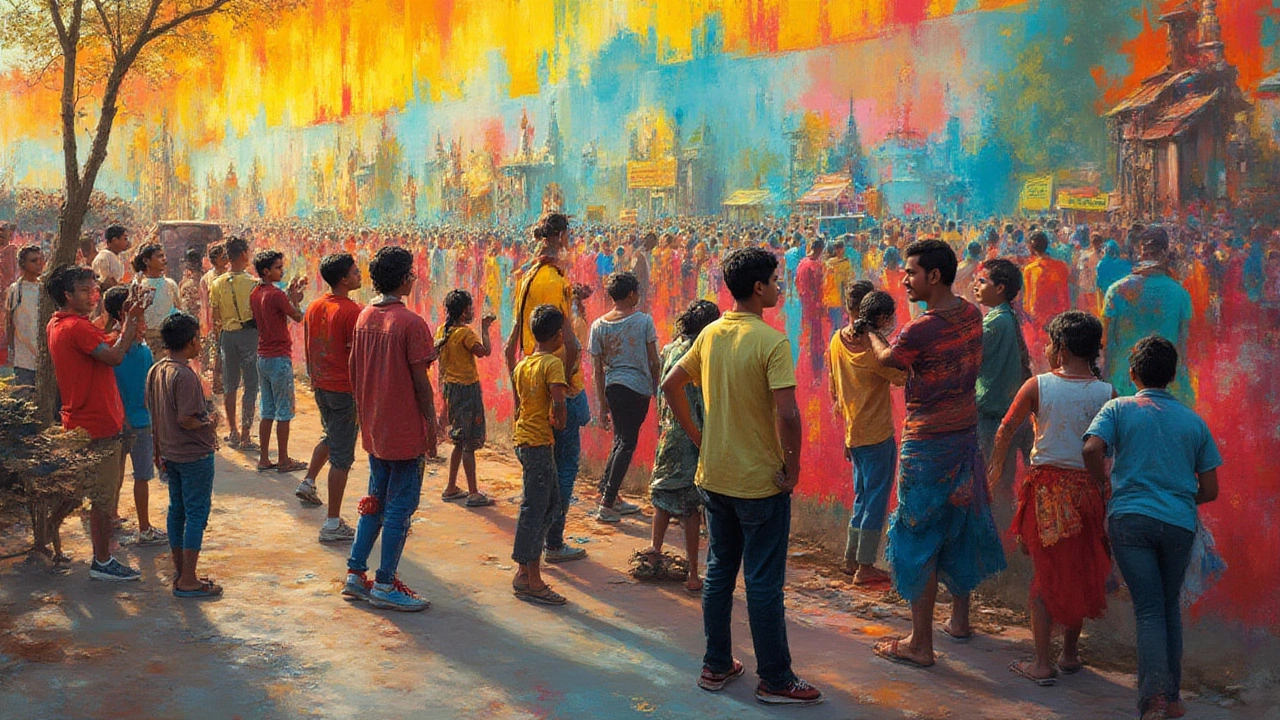
Wider Impacts: Why the Right Term Makes All the Difference
Here’s where things get practical. The words you use to describe a group of young people aren’t just for show—they impact real-world perceptions, funding, and opportunities.
If you’re applying for a grant, "youth group" is pure gold. Nonprofits and city governments love the clarity. It signals structure, mentorship, and clear goals. That’s why the term pops up in application forms, staff meetings, and donor reports. But if you’re running a club for environmental action, "green crew" or "eco squad" can rally more excitement and identity. Labels help youth buy in, shaping their own sense of mission.
Language also carves out space for different types of groups. "Youth council" often refers to official bodies in local government, giving teenagers and young adults a real say in civic planning. These councils are not just symbolic: some cities let them allocate funding or design anti-bullying campaigns. Meanwhile, "peer group" references the classic network of friends—those powerful circles that shape attitudes, habits, and decision-making. Psychologists watch these groups closely because peer groups can predict everything from grades to risk-taking behavior.
If you work with young people, it pays to double-check your terminology. For instance, "team" might feel too competitive for an open-ended art club, while "club" might feel too soft for a robotics competition. Consider how "youth program" often serves as the umbrella for all organized activities, from drama workshops to nature hikes. Then get more specific: "theater troupe," "coding squad," "activist collective." When recruiting or advertising, specificity helps (and sounds way cooler).
But it’s not all about marketing. In 2022, researchers at Stanford found that teens involved in groups with a strong, positive identity reported higher resilience and lower feelings of isolation—even during pandemic disruptions. The language surrounding their group, like calling themselves "leaders" or "allies," made a tangible difference to their well-being. That’s not just feel-good fluff; it points to the real promise behind the right names.
The internet supercharges this. On Discord, Reddit, and Instagram, youth-led spaces surge with new names every month. One month it’s "BookTok Buddies," the next it’s "climate warriors." The virtual world lets youth form new "groups" across borders, united by memes or causes instead of street addresses or school colors. The digital age lets young people craft their names—and their purpose—more freely than ever before. But it also means that words travel faster, sometimes landing in headlines or viral posts that shape how adults and influencers see youth culture.
So, what’s the takeaway? Keep it real, and keep it relevant. Whether you call them a youth group, a crew, a team, or a squad, the label should fit the group’s vibe, purpose, and identity. That small choice shapes belonging, sparks motivation, and—for a lot of young people—makes the difference between just showing up and truly owning their place in the world. With youth, language isn’t just about labels—it’s the start of something powerful.
